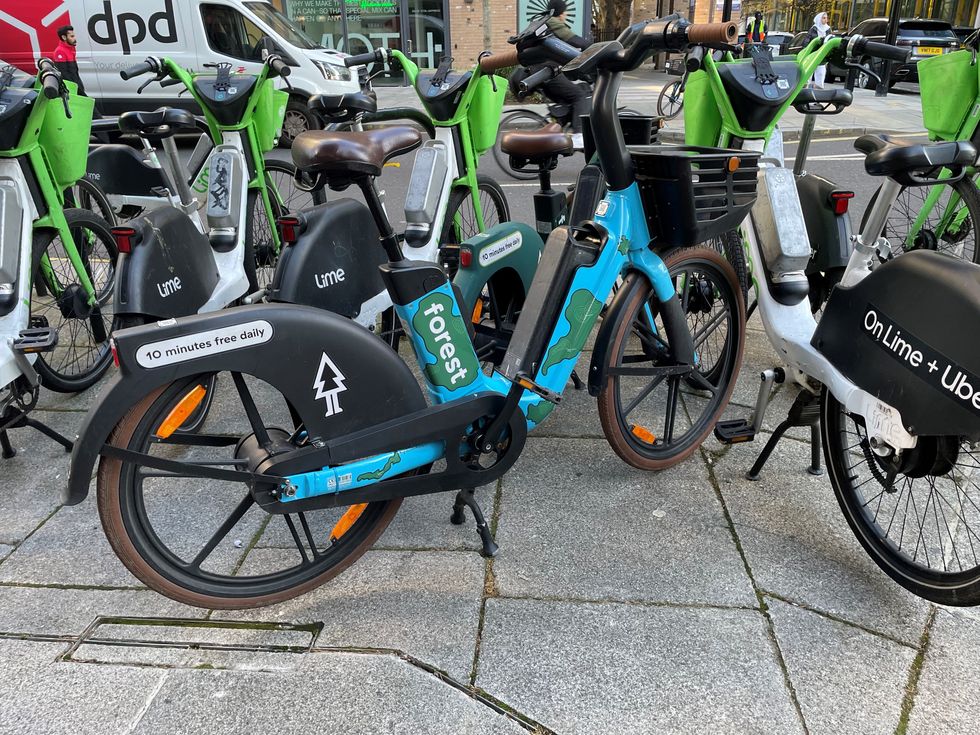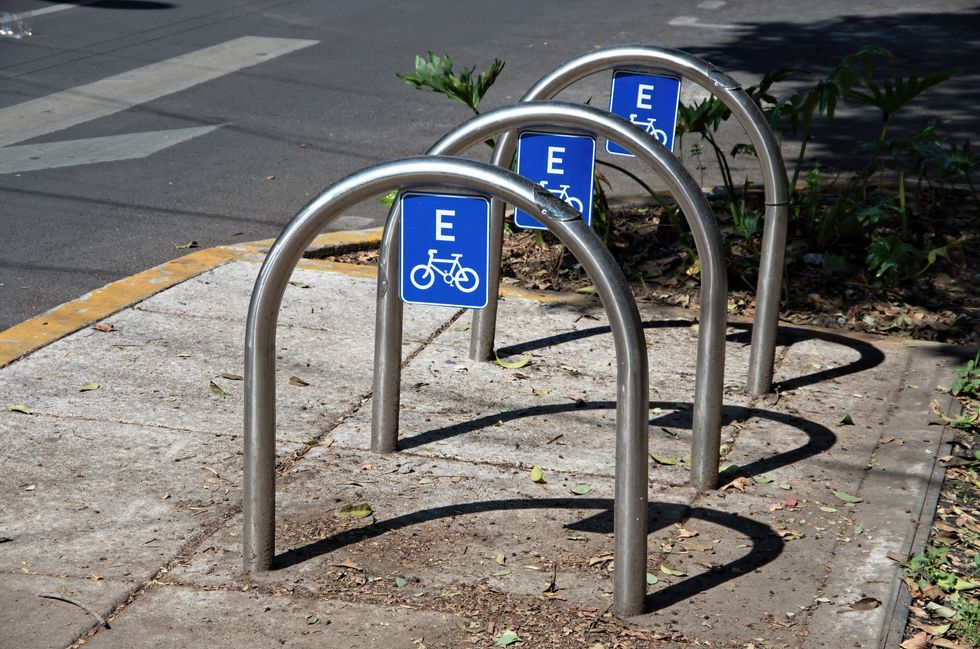



The number of Britons switching to electric bikes has fallen dramatically behind European standards, with fresh data warning that the UK could be moving away from greener vehicles.
Analysis showed that the UK achieved only 2.1 electric bicycle sales per thousand residents during 2024, placing it second-last among 30 European nations.
According to research, only Belarus recorded worse figures, while Nordic countries demonstrated vastly superior performance.
Norway and Denmark achieved sales rates exceeding 36 units per thousand inhabitants, representing more than 15 times Britain's uptake.

Experts have warned that e-bikes need more financial incentives to encourage Britons to make the switch to electric
|GETTY
The research examined e-bike purchases relative to population size across Europe, which found that despite Britain's relatively strong economy, its performance was weak compared to nations with similar GDP levels.
Industry figures have now pressed on the Labour Government to implement substantial financial measures to reverse this trend.
Tom Thornley, managing director of Paul's Cycles, attributed the poor performance to "a lack of direct financial support", advocating for purchase grants, rebates and VAT reductions to make electric bicycles more affordable.
The existing Cycle to Work scheme faces criticism for excluding key demographics. Lower-income workers cannot participate due to salary sacrifice restrictions preventing wages from falling below minimum levels, while self-employed individuals remain entirely ineligible.

E-bike uptake across the UK ranked the lowest level among European countries
| PA"It's time the Government recognised e-bikes as a serious part of the green transport solution," Thornley stated.
He emphasised that while electric bicycles represent substantial investments, British support mechanisms lack the promotion and generosity of subsidies available elsewhere in Europe.
Meanwhile, across Europe, it demonstrated how targeted financial interventions can transform electric bicycle adoption.
France witnessed a threefold increase in e-bike purchases following the introduction of monetary assistance programmes in 2016, marking substantial progress in reducing vehicular dependency and enhancing accessibility for those unable to use conventional bicycles.
Denmark's Government currently provides complimentary e-bikes to rural residents through an experimental programme aimed at improving transport options.
Initiatives like this have contributed to Denmark's position among Europe's leaders in per-capita electric bicycle sales. "Government grants have made a real difference in other European countries, and that kind of incentive could have a huge impact here too," Thornley said.
He noted that UK e-bike programmes lack the widespread publicity and generous funding characterising successful European subsidy systems.
Thornley warned that infrastructure limitations and regulatory gaps have presented additional barriers to British e-bike adoption.

Riders of e-bikes have been warned of a sharp increase in thefts across the UK
| GETTYJustin Rodley, director of VeloLife, noted that while certain cities, including London, Bristol, Manchester, Cambridge and York, have invested in cycling lane improvements, Britain remains significantly behind nations with leading adoption rankings.
Workplace policies create particular obstacles with Government Property Agency buildings prohibiting e-bikes indoors and a ban on on-site charging, forcing commuters to leave expensive equipment outside throughout working hours.
Security concerns have also intensified, with e-bike thefts increasing by 257 per cent over two years. Rodley revealed that 49.8 per cent of VeloLife policyholders now own e-bikes, rising from previous periods largely due to increased commuting.
Safety regulations could also be improved to strengthen uptake of e-bikes, with both Thornley and Rodley advocating enhanced Government oversight to protect consumers from unregulated sellers offering potentially dangerous products.
